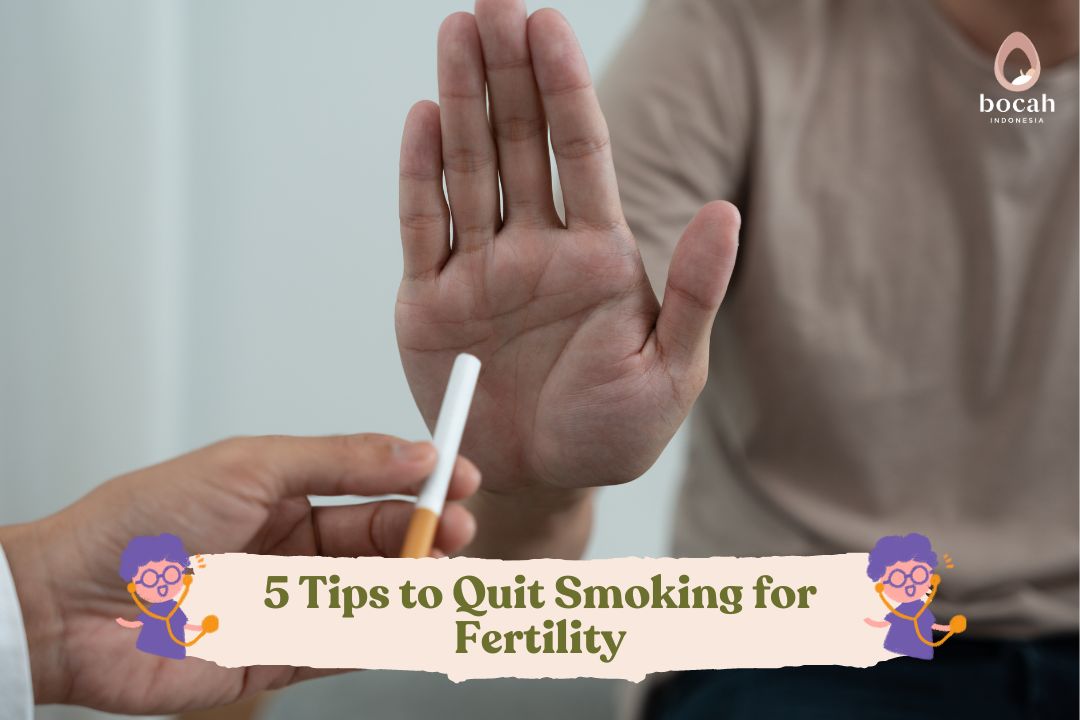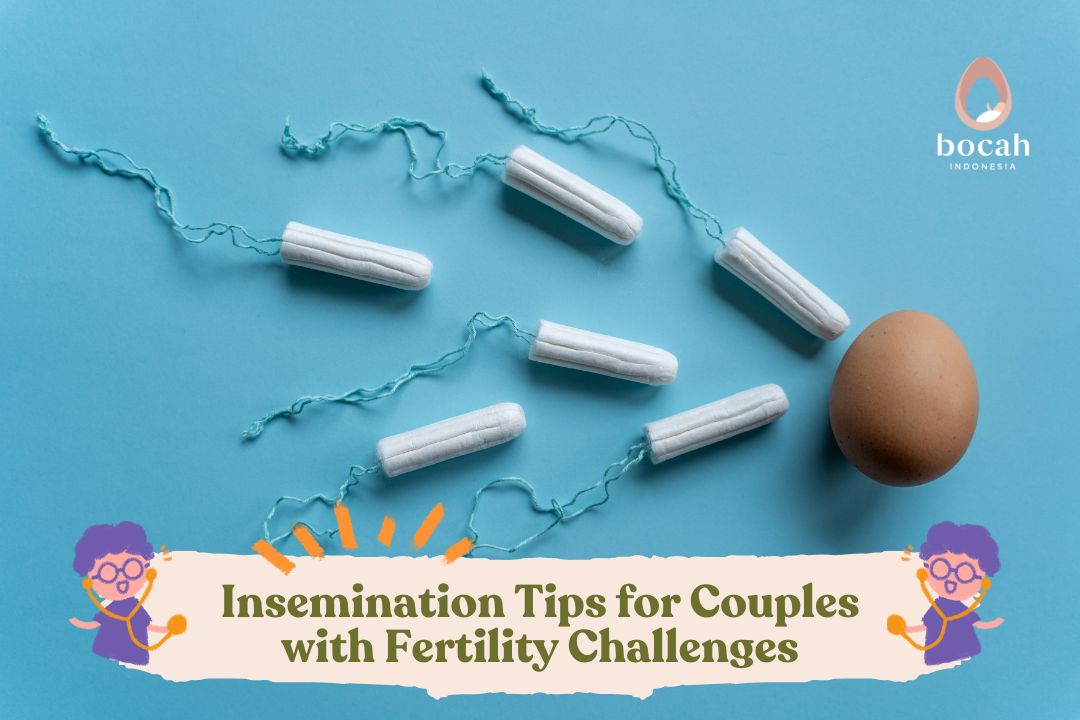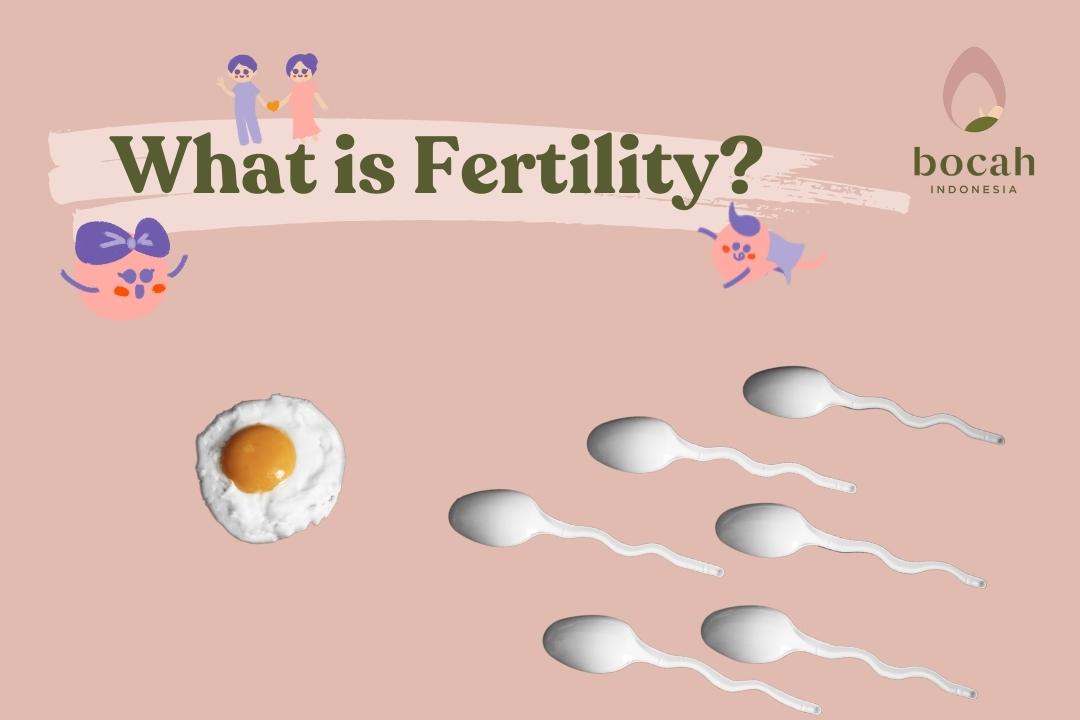5 Tips to Quit Smoking for Fertility

Smoking can cause health problems and even fertility issues. If you want to start a pregnancy program, it’s best to quit smoking and begin living a healthy lifestyle.
Do you have a smoking habit? Well, it’s best to start quitting gradually. This is certainly a challenge for smokers. Even so, the bad habit of smoking can have health impacts. The chemicals found in cigarettes can also affect fertility conditions.
Some substances in cigarettes can also cause addiction, which can trigger withdrawal symptoms when someone quits smoking. However, this doesn’t mean you can’t quit this bad habit.
Ways to Quit Smoking You Can Try
Don’t worry, you can try these methods to quit smoking. This way, you’ll get used to quitting smoking for your health and fertility.
1. Avoid smoking triggers
One way to quit smoking is by avoiding the triggers. Some factors or habits that can make you want to smoke again include consuming coffee or alcohol, or hanging out with other active smokers.
2. Eat healthy foods
Besides avoiding smoking triggers, you should also start eating healthy foods. Usually, active smokers have less appetite. This is because the nicotine in cigarettes can reduce the sensitivity of taste and smell.
Tanya Mincah tentang Promil?
Research shows that consuming healthy foods like vegetables and fruits can reduce the desire to smoke again. In addition, healthy foods can meet nutritional needs and restore the lost appetite due to nicotine addiction.
3. Exercise regularly
Exercise is indeed good for keeping the body fit. Moreover, regular exercise can help reduce nicotine addiction. Exercise can also distract you from the urge to smoke.
4. Manage stress well
Another way to overcome the smoking habit is to manage stress well. Stress can trigger a person’s desire to smoke. This is because nicotine can help provide a quick relaxation effect. Although many people think so, smoking actually can make someone more prone to stress.
If you want to relieve stress, replace smoking with activities you enjoy, such as exercising or meditating. As much as possible, avoid situations that can cause stress as a trigger for the desire to smoke.
5. Try nicotine replacement therapy
Nicotine replacement therapy is a way to free yourself from nicotine addiction. This therapy is done to overcome frustration and relieve withdrawal symptoms often felt when quitting smoking.
Therapy media used as cigarette substitutes include chewing gum, lozenges, and nicotine patches.
The Dangers of Smoking on Fertility
Smoking affects not only health but also fertility. Cigarettes contain 700 chemical substances that can spread to various organs of the body.
For women, smoking habits can trigger ovulation problems, genetic issues, reproductive organ problems, menopause, egg cell disturbances, and increased cancer risks. When an active smoker becomes pregnant, there is a higher risk of miscarriage. In some cases, smoking can cause several problems, such as:
- Ectopic pregnancy
- Premature birth
- Birth defects
- Babies developing outside the uterus
- Low birth weight
For men, fertility issues caused by smoking can reduce sperm quality, including:
- Lower sperm count
- Decreased sperm motility
- Reduced sperm ability to fertilize an egg
It’s important to note that these conditions also apply to those who use electronic cigarettes (vapes). Vapes also contain nicotine and other harmful chemicals that can affect health and fertility.
Let’s start adopting a healthy lifestyle to increase the chances of a successful pregnancy program.
Source:
- Giulietti, F., et al. (2020). Pharmacological Approach to Smoking Cessation: An Updated Review for Daily Clinical Practice. High Blood Press Cardiovasc Prev. 2020; 27(5): 349–362.
- Kovac, JR., et al. (2016). The Effects of Cigarette Smoking on Male Fertility. Postgrad Med. 2015 Apr; 127(3): 338–341.
- Goyal, J., et al. (2020). Effectiveness of cognitive behavioral therapy and basic health education for tobacco cessation among adult tobacco users attending a private tobacco cessation center. Journal of Family Medicine and Primary Care 9(2):p 830-833, February 2020.










